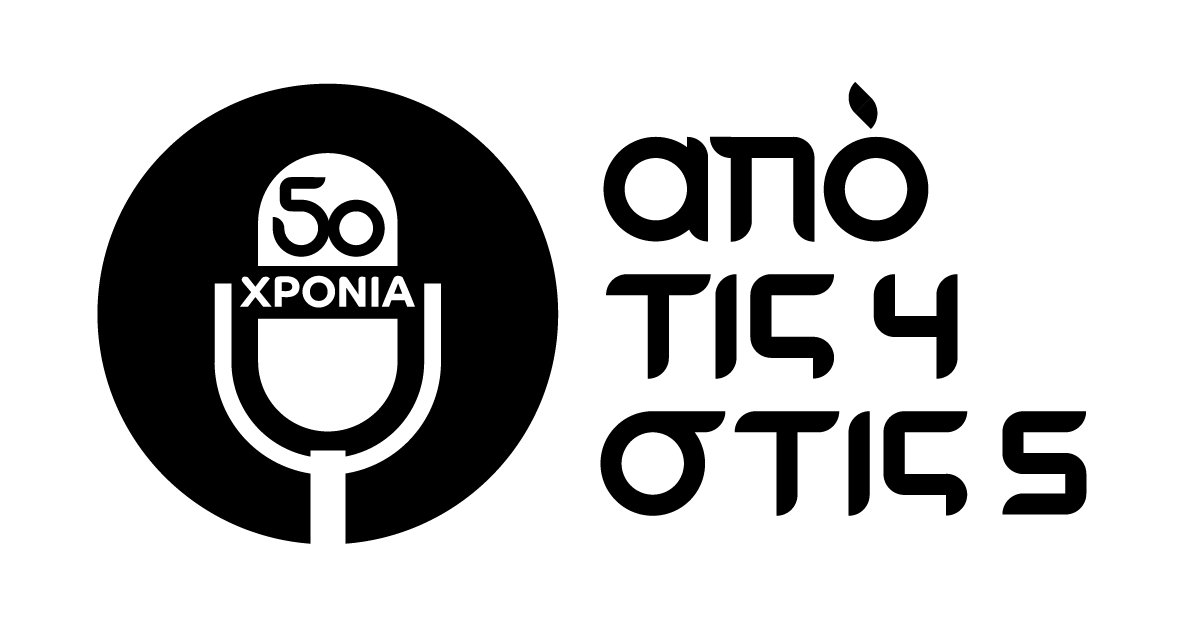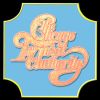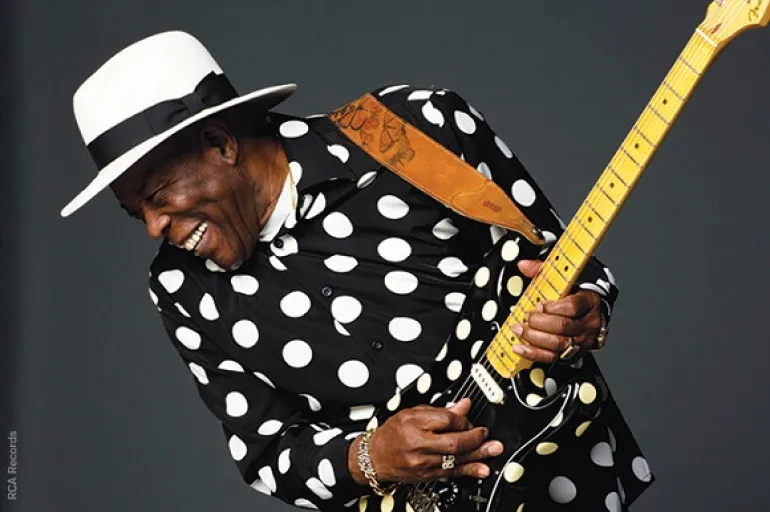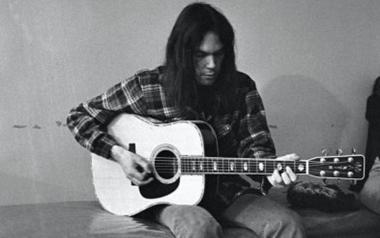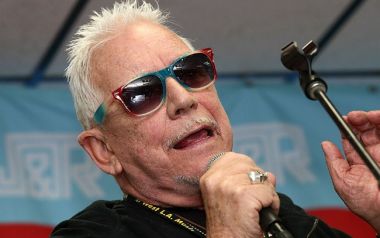Ο Τζορτζ Μπάντυ Γκάυ είναι μπλουζ μουσικός και γεννήθηκε το 1936 στο Lettsworth της Λουϊζιάνα. Θεωρείται σημαντικός εκπρόσωπος των μπλουζ του Σικάγο. Είναι πατέρας της ράπερ Shawnna και έχει και ένα γιο, τον Μάικλ.
Ο Γκάυ μεγάλωσε στη Λουιζιάνα και έμαθε να παίζε σε μια αυτοσχέδια δίχορδη κιθάρα (diddley bow). Αργότερα του έκαναν δώρο μια ακουστική κιθάρα Harmony την οποία και δώρισε μεταγενέστερα στο Rock and Roll Hall of Fame. Στις πρώιμες επιρροές του περιλαμβάνονται οι Τ-Μπόουν Γουόκερ (T-Bone Walker), Λάιτνινγκ Σλιμ (Lightnin’ Slim) και Λάιτνινγκ Χόπκινς (Lightnin’ Hopkins), μπλουζ μουσικοί και μοναδικοί στυλίστες στο είδος τους. Στην πορεία του χρόνου ανέπτυξε το δικό του staccato, καθαρό και επιθετικό ύφος στην εκτέλεση των solo.
Έπαιξε το 1958 με την μπάντα του Τζον «Μπιγκ Πόπα» Τίλυ (John «Big Poppa» Tilley) στο Μπατόν Ρουζ (Baton Rouge) και την ίδια χρονιά έστειλε την πρώτη του μαγνητοφώνηση στην Chess Records. Κατόπιν έφυγε για το Σικάγο όπου έγινε γρήγορα γνωστός στο κύκλωμα των μπλουζ κλαμπ για το παίξιμο και τη σκηνική παρουσία του. Υπέγραψε στην Cobra Records με την οποία ηχογράφησε λίγα single –με γνωστότερο το «Stone Crazy». Την επόμενη χρονιά η Cobra Records αναδιπλώθηκε ως προς την παραγωγή της και ο Γκάυ μαζί με τους Γουίλι Ντίξον (Willie Dixon) και Ότις Ρας (Otis Rush) στράφηκε στην Chess, όπου ηχογράφησε από το 1960 ως το1967.
Διαβλέποντας ότι το μπλουζ σε εκείνη την περίοδο κέρδιζε έδαφος στην αγγλική σκηνή ο Γκάυ εγκατέλειψε την Chess το 1968 και υπέγραψε στην Vanguard Records, όπου ηχογράφησε τα κλασικά πλέον A Man and His Blues και Hold That Plane. Το 1970 κυκλοφόρησε από την Blue Thumb το Buddy and the Juniors – (Guy, Junior Wells και ο πιανίστας Junior Mance). Συνεχίζοντας τη συνεργασία του με τον Τζούνιορ Γουέλς (Junior Wells) το 1972 κυκλοφόρησε το άλμπουμ Buddy Guy and Junior Wells Play the Blues. Το 1974 ο μπασίστας των Rolling StonesΜπιλ Γουάιμαν (Bill Wyman) έκανε την παραγωγή –παίζοντας παράλληλα ηλεκτρικό μπάσο στο live άλμπουμ των Γκάυ-Γουέλς Drinkin' TNT 'n' Smokin' Dynamite.
Αν και ο Γκάυ συνέχισε να παίζει μουσική τα επόμενα χρόνια, οι ηχογραφήσεις μειώθηκαν στη δεκαετία του '80. Το γεγονός τον ώθησε να ανοίξει το 1989 το κλαμπ Legends στο Σικάγο, αγαπημένο προορισμό για πολλούς μπλουζ μουσικούς. Η επάνοδός του στις ηχογραφήσεις και τα συμβόλαια έγινε με την παρουσία του στο Royal Albert Hall του Λονδίνου όπου συνάντησε επί σκηνής τον Έρικ Κλάπτον στις περιοδείες της περιόδου 1990-91.
Πλησιάζοντας τα ογδόντα, ο Γκάυ συνεχίζει τη σκηνική του παρουσία και τις ηχογραφήσεις. Στις νέες κυκλοφορίες του περιλαμβάνονται το Sweet Tea ένα album ηλεκτρικού μπουζ που ηχογραφήθηκε στο Μισισιπή και το ακουστικό Blues Singer, το 2004, επιστροφή σε πρωτοπόρους όπως ο Σκιπ Τζέιμς (Skip James), ο Σον Χάουζ (Son House) και ο Τζον Λι Χούκερ (John Lee Hooker).
https://www.youtube.com/watch?v=KRihhTQik2k
Σε συνέντευξη του στο Npr δήλωσε ότι ανησυχεί για το μέλλον των blues...
Ακούστε την συνέντευξη εδώ:
I wonder if there aren't as many young black musicians devoting themselves to the blues. Do you worry about the future of blues music?
I worry about the future of blues music whether you are black or white. If they don't hear it like I did and listen to it and don't know about it — you ever been to Louisiana where they cook all this gumbo?
I do, too. [Laughs.] So if you never tasted it, you wouldn't love it. That's what's happening with the blues. Now, the young people don't know nothing about it unless — I know satellite [radio] do play blues, but we need more than that. I tell everybody I would love to hear Muddy Waters twice a week. I'm not telling you to play him all day, all night; just play him. Let the young people know where it all started.I have. I love it.
I have. I love it.
This album strikes me as a love letter to the blues. Is that the approach you took?
A love letter, a text letter, whatever kind of letter you wanna call it, I hope you're right so someone can say, "Well, maybe this music isn't as bad as I thought it was." It's worth listening to. A lot of people look at blues and think it's a sad music. If you listen to the lyrics of the blues, if it don't hit you, it hits someone you know. And we sang about the good and bad times, so you can't say it's all bad.
What made Muddy Waters so important to you?
Not me — he was important to everybody. That's why The Rolling Stones called themselves The Rolling Stones. That was one of his records. Maybe some young people just coming up don't know because they don't play his records anymore, but Clapton, all of the British guys know about him. Of course, you know, I grew up on it.
You had a conversation with Muddy Waters about the blues when he was pretty sick, shortly before he died. Tell me what happened, what you guys said to each other.
We heard he was sick and he was hiding. He didn't let us know he had cancer. We rang him and he said, "Aw, man, I'm fine." He was profane, I can't say what he said. [Laughs.] He said, "Y'all just keep playing that em-effing blues and don't let that blues die. I'm fine." The next couple days, that's when I got the call from the media and asked me how did I feel — he had passed.
And have you taken that as your mission?
Well, coming from him, I had to listen to him. I was listening to him before I met him, so why quit listening to him when he was passed and gone?
For the younger people who don't know much about the blues, what's the case that you would make to go buy a Muddy Waters album as soon as they can?
If you don't have the blues and don't know about the blues, just keep livin'.
What do you mean by that?
[Laughs.] At least, you're gonna see a better time or a worser time in life. Just listen to what I'm sayin': Just keep livin'. Even if you get in the middle of the expressway and your car quit runnin', you got blues.
https://www.youtube.com/watch?v=ntqlTG40inU
It's something everybody can relate to.
You better believe. Like I said, the blues comes in all denominations, man. It comes with your family, with your lover, with your friend. And I had some good friends until I loaned them a lot of money; then I lost them. [Laughs.] I've got a piece of paper in my club, "You loan your friend your money, you finna lose your money and your friend."
And that's the blues.
And that's the blues, sir.
Buddy Guy, this has been a true honor and a real pleasure talking to you. Thank you so, so much.
Well, thank you very much, and I appreciate whatever you can do to help the blues stay alive.
Πληροφορίες:wiki

